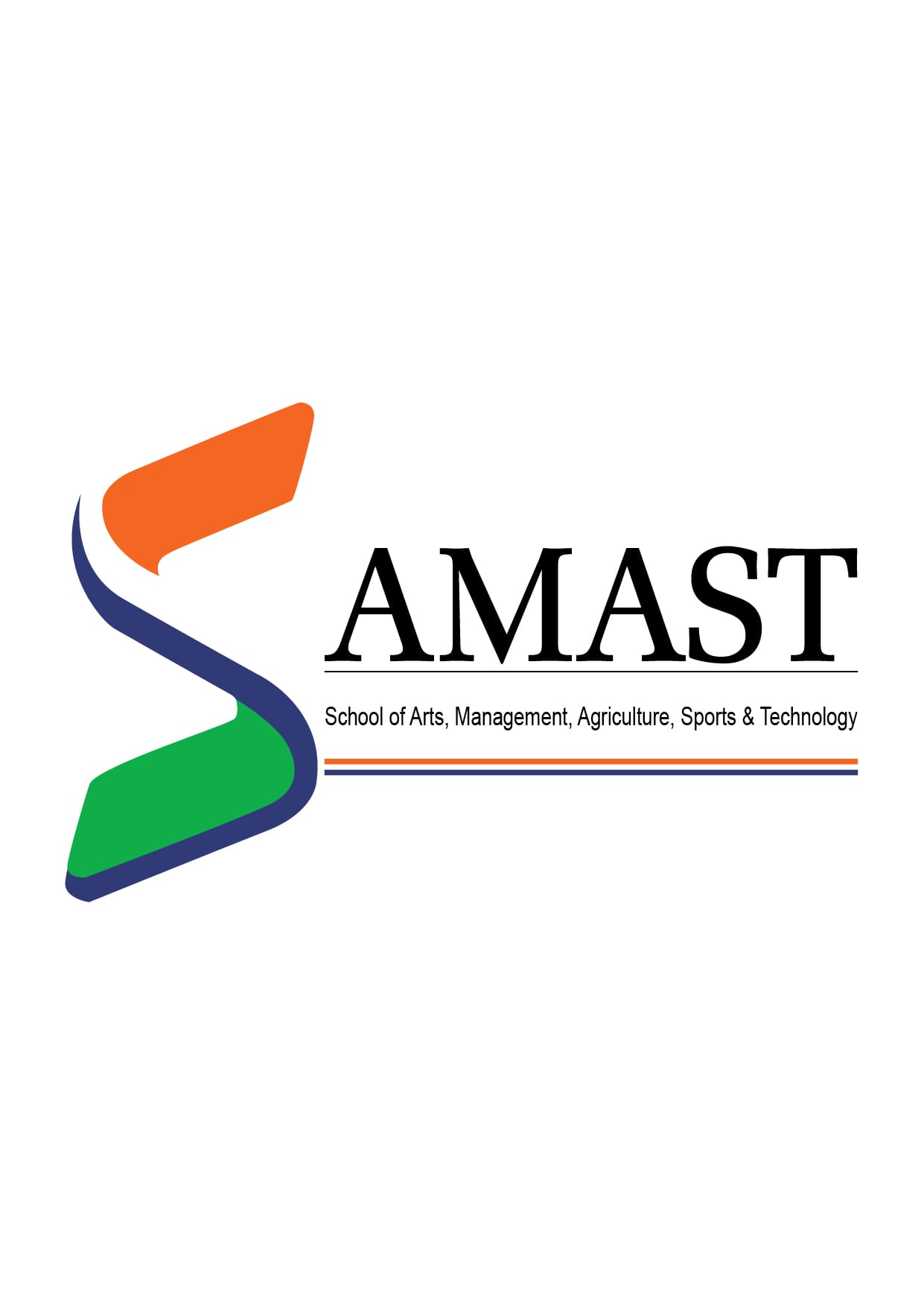Introduction
In today’s rapidly evolving job market, employers are increasingly focused on finding individuals who possess both a solid theoretical foundation and the ability to apply knowledge practically. While traditional education has long emphasized academic learning, the future belongs to those who can demonstrate real-world skills from the start.
At SAMAST, we’re redefining education through a focus on hands-on training, ensuring that our graduates are prepared to meet the demands of industries like hospitality, information technology, fashion, and more. This blog delves into the importance of practical training and how it leads to career success across a wide range of sectors.
The Modern Workforce: What Employers Want
The shift in employer expectations is clear—it’s no longer enough to have classroom knowledge. From crafting innovative designs in the fashion world to ensuring seamless customer experiences in the hospitality sector, employees are expected to jump into their roles with the skills necessary to navigate their work environments with ease. This shift is especially noticeable in industries where adaptability, quick thinking, and technical know-how are crucial.
Take technology as an example: it’s not enough to know about networks or programming languages. Employers want candidates who have experience in troubleshooting, developing software, or managing security issues in real-world scenarios.
Similarly, service-based industries like food and beverage or housekeeping demand professionals who can manage client interactions, ensure efficiency, and maintain quality, all while upholding high industry standards. Practical training, thus, fills the critical gap between theory and real-world application.
How Practical Training Makes the Difference
The advantages of skill-based education are plentiful, and they span across sectors:
Workplace-Ready Expertise: Students who receive hands-on training are better equipped to start their careers without needing extensive on-the-job training. From managing clients in hospitality settings to handling intricate details in design or culinary environments, practical experience ensures professionals are confident and competent from day one.
Critical Thinking in Action: The ability to think on your feet is essential in many industries. Those working in housekeeping, for example, need to solve problems quickly—whether it’s handling unexpected guest requests or managing last-minute changes in operations. By participating in real-world scenarios during their training, students develop the confidence and adaptability needed to make informed decisions under pressure.
Collaboration and Communication: Beyond technical know-how, industries value professionals who excel at working as part of a team. Whether it’s coordinating with kitchen staff in a fast-paced restaurant or managing a design project from concept to completion, communication and teamwork are critical. Skill-based training emphasizes these soft skills, setting the foundation for strong workplace collaboration.
SAMAST’s Unique Approach to Hands-On Learning
At SAMAST, our approach to education emphasizes a combination of theory and practice. We believe that students learn best by doing, which is why our programs are structured to provide significant practical training throughout. Here’s how our hands-on approach sets our learners up for success:
Learning by Doing: We equip our students with opportunities to work in environments that simulate the demands of their future careers. Whether it’s engaging with cutting-edge technology systems or learning to manage large-scale operations in the hospitality world, our learners gain experience that directly translates into professional competence.
Industry-Connected Programs: Each of our training programs is designed in consultation with industry leaders, ensuring our students acquire skills that are in demand. Our curricula reflect current market trends and equip students with the ability to solve real-world problems.
Technological Integration: Technology plays an important role in nearly every sector today. Whether you’re working in fashion, hospitality, or community services, understanding how to use modern tools is essential. Our programs incorporate relevant technology to ensure graduates are comfortable working with the latest industry-standard systems.
Conclusion
The future belongs to those who can combine theoretical knowledge with hands-on expertise. By focusing on practical training, SAMAST prepares students to meet the needs of a rapidly changing job market. Our students graduate not only with the knowledge they need but with the real-world skills that set them apart. If you’re ready to start a career in a field where applied learning matters, explore the opportunities available through our programs.Share via:

